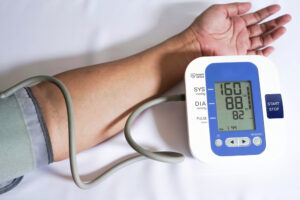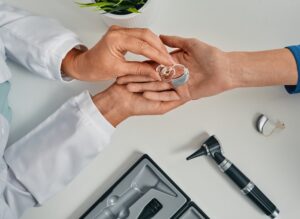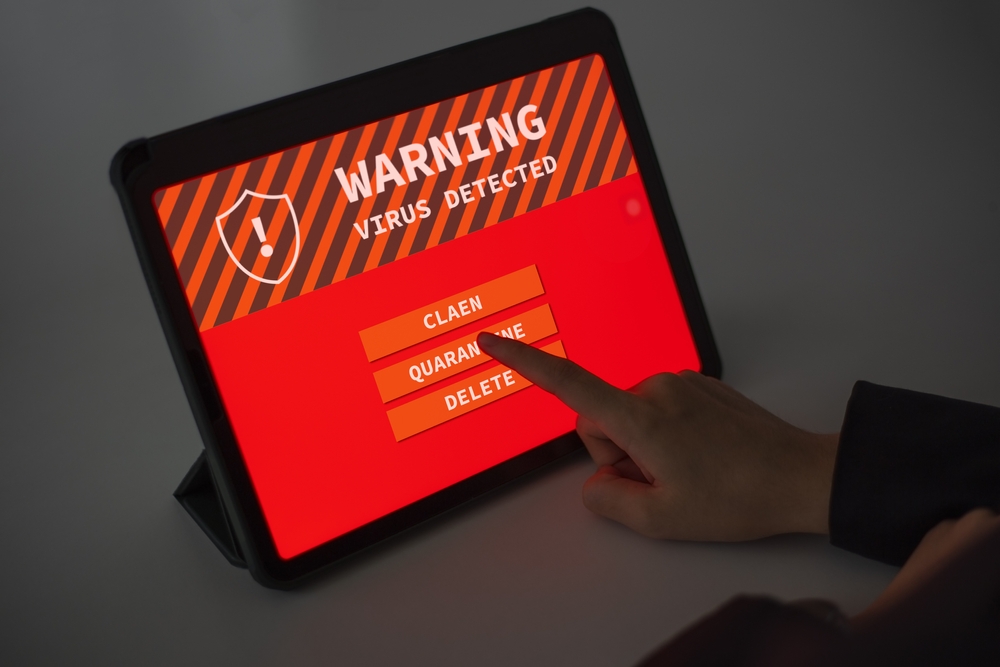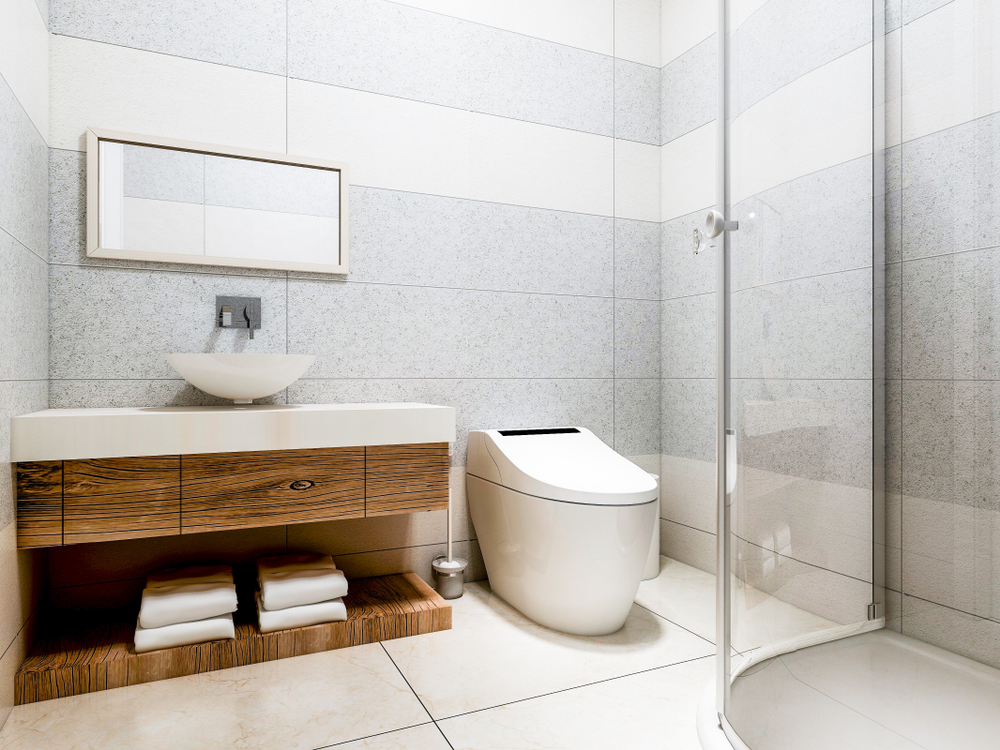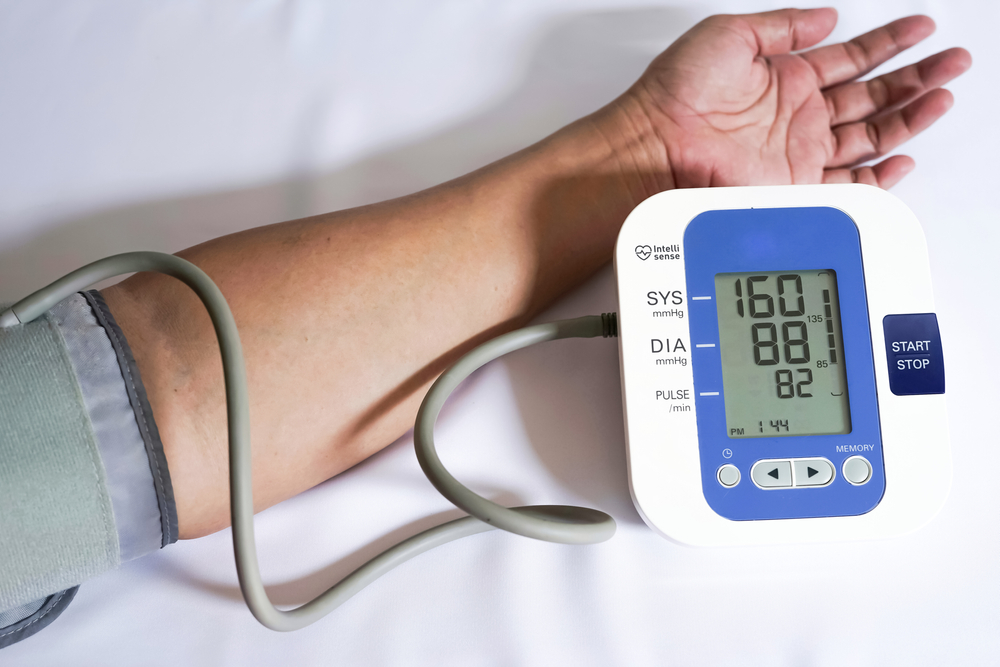Health monitoring devices are excellent tools because they help you create a plan to improve your health and monitor your progress, so you can keep track of your improvements and gains.
From heart health to gut health and blood glucose tracking, home health care monitors can give you insight into many bodily functions without appointments, needles, and invasive procedures. With the modern technology we have access to, all you need is a smartwatch, a smartphone, and one or two health monitoring devices that sync data with these smart devices.
Health monitoring devices help you engage with and better understand your overall well-being on a daily basis. According to several studies, people who engage with their health on a daily basis using these types of devices are more likely to see positive health outcomes.
Let’s see some of the best home health monitoring devices!

1. Health Monitoring Devices for Overall Health
Preventing is better than curing—we’ve all heard this before. If you want to be two steps ahead of your body, you need to understand how its main processes work and how your lifestyle impacts your risk for diseases.
This is called “preventive health,” and it’s the future of medicine. Why is that? Because many common, chronic illnesses that affect people can’t be cured, they are only managed with conventional medicine.
Some of the best health monitoring devices for overall health are a personal computer to access your online results, a smartphone to get access to your recommendations anywhere, and an at-home DNA health test.
What’s great about this new era of personalized medicine is that you can now order DNA health tests and take them at home. The only thing you have to do is spit in a tube, as your saliva contains DNA that can be isolated and checked for vitamin metabolism, food intolerance risks, genetic diseases (that you could pass on to your kids), health risks, and even athletic performance parameters and sports injury risks.
A DNA test doesn’t just show you what’s in your genetic code, which is practically unchangeable—unless you are somehow exposed to genotoxic chemicals and ionizing radiation. A good test will include a comprehensive questionnaire to evaluate your lifestyle risks and provide recommendations you can use in your daily life.
Moreover, you can combine your results with a gut health test for the most targeted health recommendation.
2. Health Monitoring Devices for Heart Health
Your heart pumps blood to every part of your body from head to toe, and blood delivers nutrients and oxygen, making sure your cells have energy and can heal themselves. Needless to say, this muscle plays a huge role in the human body. However, most of us tend to underestimate our risk of heart problems, even though cardiovascular disease is one of the world’s main killers.
Luckily, we now have health monitoring devices specially designed to monitor blood sugar levels in real-time, which is a factor that is strongly linked to heart health. Some of the best gadgets are smart watches that track heart function, smartphones with heart monitoring, and wireless blood pressure devices.
Ironically, the foods most of us eat nowadays are particularly bad for our circulatory system. The great amounts of refined sugar can result in dangerously high blood glucose levels that negatively affect the blood vessels.
Cholesterol can also build up in the blood vessel walls, slowing the blood flow and even breaking them off. This often leads to blockages that cause heart attacks.
And yes, stress can also affect your blood circulation and your heart.
Measuring your heart rate with a health monitoring device can give you an idea of your heart’s function in terms of blood pressure and beats per minute. Apple’s smartwatch, for example, also comes with atrial fibrillation warnings, a potentially lethal event that disrupts the rhythm of heartbeats.
You can use your heart health gadget on your smartphone and combine it with another device that monitors your blood pressure. This is a very useful strategy, especially if you’re dealing with cardiovascular issues.

3. Health Monitoring Devices for Gut Health
Super smart health isn’t just about keeping track of common bodily functions like cardiovascular health; it can even help you with digestive health. About one-third of people struggle with Irritable Bowel Syndrome (IBS), and with increasing rates of chronic diseases like ulcerative colitis and Crohn’s disease, gut health is especially important nowadays.
But again, smart technology comes to our rescue. There are many health monitoring devices that can help check your intestinal health and make practical changes with personalized recommendations. Some of the best microbiome health devices are at-home gut microbiome tests, personal computers that can help you access your online results, and smartphones that can help you track your food.
What most of us tend to overlook is that the human gut is where trillions of bacteria live, and they play a critical role in maintaining your overall health, not just the digestive tract. In fact, the gut microbiome is linked to heart health, brain health, allergies, and even weight gain.
The good news is that now you can do at-home testing to know where you’re standing with your gut microbial health and come up with a diet to optimize digestive bacteria’s function, of which there are many. They break down food in the colon and produce short-chain fatty acids as well as vitamins that support gut health.
If you decide to do this kind of test at home, it’s best to choose one that also comes with a food tracking app and personalized food recommendations to optimize your health with the food.
4. Health Monitoring Devices for Blood Sugar
Many people have issues maintaining their blood sugar levels within healthy ranges nowadays, and doctors think that there are actually many more undiagnosed cases of diabetes type II.
This is a serious condition that affects the blood vessels and can even end up causing very poor wound healing and blindness. In severe cases, patients can even have their foot amputated because of a condition called “diabetic foot”.
With so many people dealing with diabetes worldwide, it was only a matter of time before smart technology caught up with health monitoring devices that monitor blood glucose levels.
There are, for instance, new-era Bluetooth health gadgets that are prick-free, so there’s no pain or blood included. This kind of technology uses arm patches that keep track of blood sugar levels using a sensor that can be attached to the skin for as many as two weeks.
It’s important to note that it’s not as accurate as a prick test. However, it can be connected to your smartphone and is particularly exciting for those who don’t have diabetes but are interested in monitoring their blood glucose reactions to different foods.
Other Bluetooth health monitoring devices are available with the skin-prick method, which is ideal for people with active blood sugar issues like diabetes and insulin resistance.
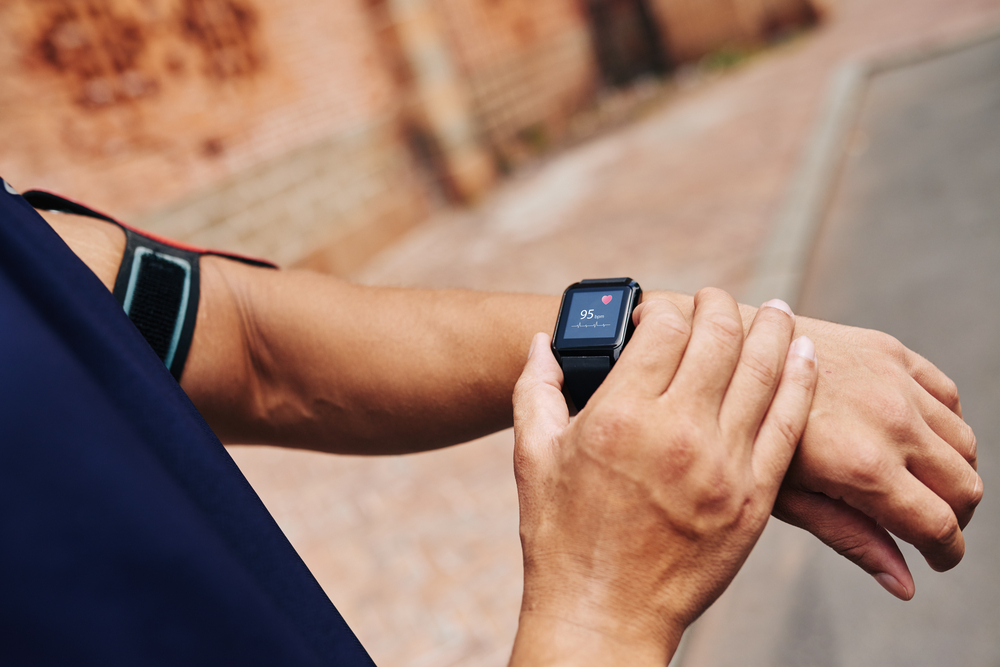
5. Health Monitoring Devices for Athletes
Smart technology has made it possible to monitor your activity without whiteboards, spreadsheets, or a personal trainer. By combining heart rate tracking and GPS tracking, you can now see the effects that cardio has on your body.
Using these types of gadgets is especially gratifying if you’re just getting into the athletic game because you’ll be able to see improvements when you start working out.
Some of the best fitness monitoring devices are smartwatches with tracking designed for specific workouts, smartphones with activity tracking, and heart rate Bluetooth monitors for the most accurate readings.
For seasoned exercisers, health monitoring devices and software embedded in your smart tech can provide you with fresh insights into your performance. For instance, you can keep track of changes in your performance after an injury and monitor your recovery. You can even go further and look for ties between your performance and other factors.
For example, by looking at the hour and day of your workout, you may notice that you don’t perform as well as you want on Saturdays (maybe because you’re tired after five days of work) or that you excel at 4 p.m. but not so much at 6 a.m. Moreover, it can show you trends in your activity, which can help highlight short- and long-term changes in your performance.
6. Health Monitoring Devices for Sleep
Sleep is vital for your body to repair itself. The better you sleep, the longer you stay healthier. During your sleep, little helper proteins are taking care of your tissues and organs.
If you’re not getting the sleep your body needs, it quickly affects your cognitive function and behavior, and over the long term, your tissues and cells suffer, making you more vulnerable to diseases and illness.
Some of the best tools to monitor your sleep are smartwatches with sleep tracking enabled, sleep tracking apps (paid services give the best functionalities), and smartphones to access your sleep reports.
However, there’s an important detail most of us tend to overlook: getting enough sleep isn’t, well, enough. While it’s essential to get 6–8 hours of sleep per night, sleep quality is equally important, which is measured by the duration, length, and cycles of four separate phases of slumber.
All these things may sound complicated, yet you don’t have to be hooked up to electrodes or visit a sleep clinic to get a baseline on your sleep quality. That’s because each sleep stage has its own set of parameters, such as body temperature and heart rate.
A sleep-tracking app that’s connected to a smartwatch can evaluate your sleep stages and cycles and record sounds during the night (like snoring) to give you a full daily report. This way, you can make changes to sleep better.
Health monitoring devices are life-changing! Here’s a related article that you may also want to read Smartwatches for Seniors: 4 Honest Reasons Why You Need One.




